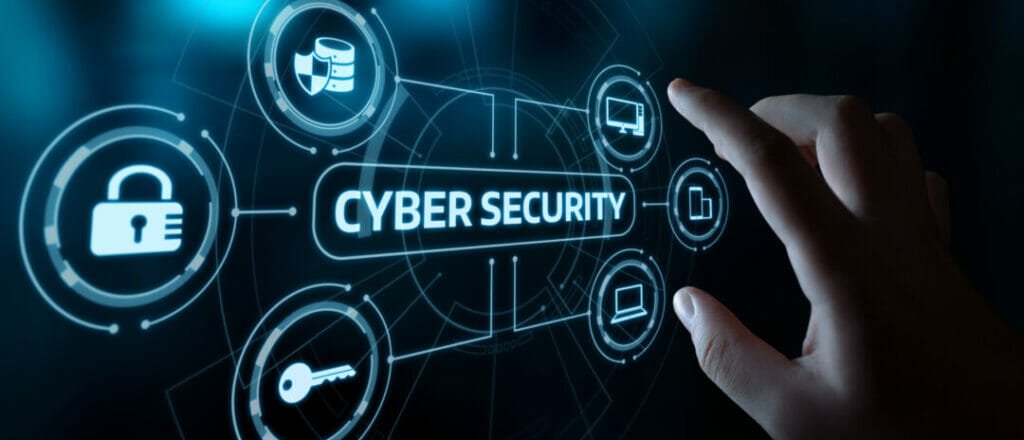It is important to stay safe, and it includes web browsing on the internet. Cybersecurity awareness provides insights on how to practice safe browsing habits and prevent our private, personal information from getting leaked to or stolen by malicious hackers lurking in the dark shadows of the unseen virtual world. Below are key tips that can help protect your personal identity and everyday use devices from computer software malware and viruses.
Phishing
Phishing is a common technique used by bad hackers to get into one’s computer system. Phishing usually comes in the form of emails that contain compelling embedded links from apparently known entities or people who we trust. These links, when clicked, take us to fake sites that send malware and viruses to our computers to track and record our actions while we surf, including stealing our email and website passwords. This scam involves sending out an email that appears to be legitimate as it can be identical to what we typically get from a major bank or credit card company. The innocent victim clicks on the link and is taken to an insecure, fake site that prompts them to enter their personal information such as an address, phone numbers, names, date of birth, passwords, or account information. Hence, NEVER click on links in emails unless you are sure it is legitimate. How do you do that? Check for any errors or typos in the email header, message body, and the language used as the scammers can be from foreign countries. Also, ask yourself if you were expecting the email from the known entity with the expected link for a specific purpose such as school registration for a sports event etc. If still in doubt, you should pick up the phone and confirm with the sender!
Freebie Scams
This method usually comes through shady website links that pop up when we browse and search for content on the web. These sites often claim to give free stuff like gift cards from popular stores or video games. These scams can also come through pop-up ads or even emails. It is a best practice to simply not trust any of them and to stay clear. Never give away personal information on websites that seem fishy or brand new or unknown to us. The websites can also track your device’s IP address, revealing your physical location for selective targeting by scammers. Ensure that websites you surf onto are safe and legitimate Also, install security protection apps such as Avast, Bitdefender, and Avira that automatically scan and protect your computer or mobile devices. One can also install pop-up blockers on popular browsers such as Google Chrome or Firefox or Microsoft Internet Explorer to stop those pesky ads when you surf!
Smishing
This method relies on instant text messages or SMS that contain malicious links. These messages can come from unknown sources or even from known friends whose accounts are hijacked by hackers. The messages often urge immediate action on attractive gift offers, music videos, or hot popular news. They can also plead for urgent help for a worthy trending cause. The scam is to get you to click on embedded links in the SMS so malware can be pushed to take over your device and steal your personal information from fake websites. It is best for one to simply IGNORE and delete these unsolicited SMS. If one has even a small doubt on IM authenticity, especially if it comes from close friends, one should simply call to verify if they sent it.
Malware Attacks
Bad hackers have managed to penetrate even well-known websites to launch malicious downloads onto unsuspecting victims’ computers or phones. The difference between malware and a virus is that the former attacks your device only while the latter spreads to your virtual contacts after it infects your device, similar to the covid virus! The malware or virus embed themselves deep in your device software to launch attacks for money (ransomware) by locking down your access or track your activities to steal credentials or other exploits. Signs to watch out for are unusually slow running applications, auto-surfing, nonresponsive devices, unexpected error messages or pop-ups from popular websites, or simply a wonky device. The best way to defend your machines is to download the latest version of the operating system, web browser, popular applications, and install well-known anti-virus and malware solutions.
